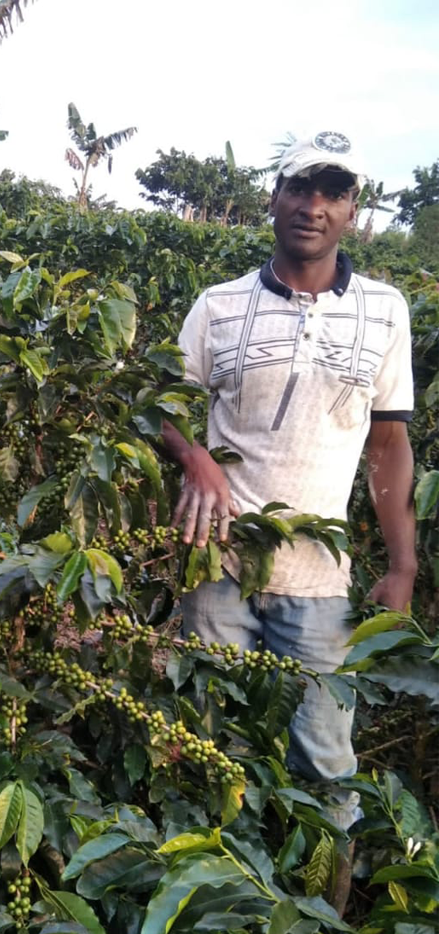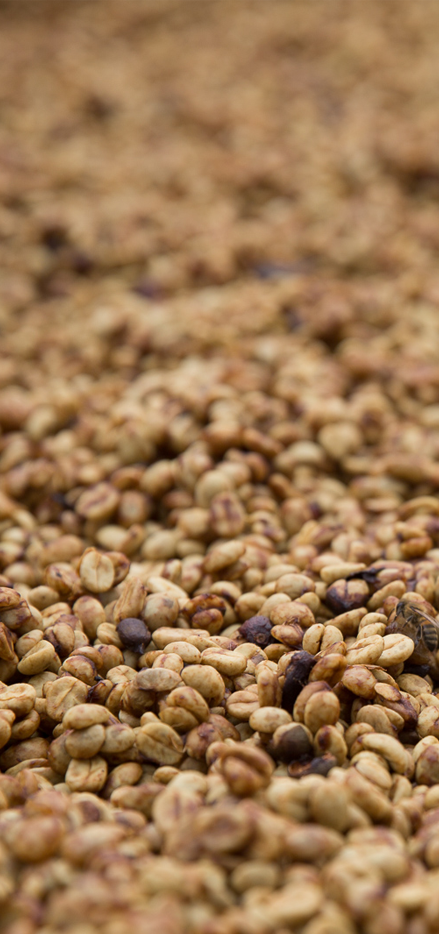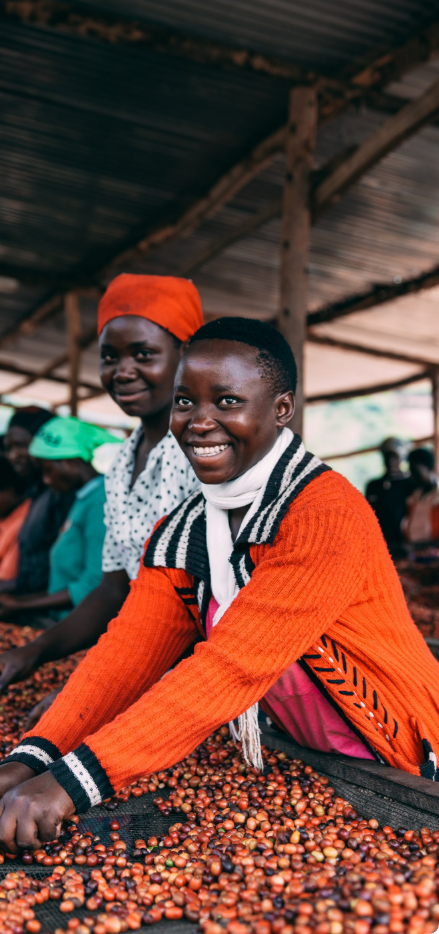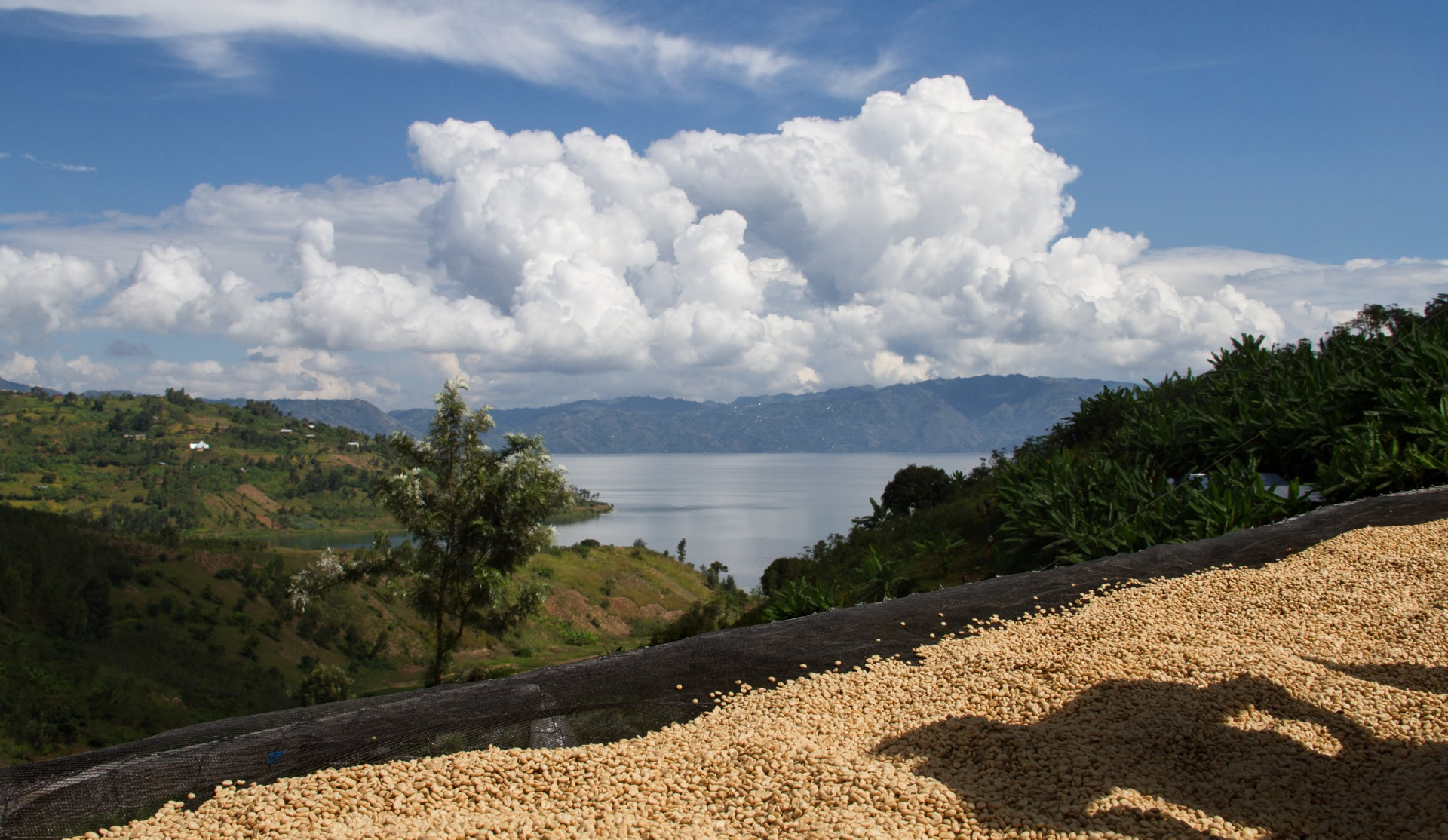Burundi is one of the poorest countries in the world by many measures. It’s small, landlocked, and almost entirely reliant on agriculture. Around 90% of the population works in farming, and for many of them, coffee is their only cash crop. It’s also the country’s main export. That means coffee plays a huge role in people’s lives, not just as a product, but as a source of income, stability, and access to essentials like schooling and healthcare.
We’ve been working with Raw Material and the Izuba washing station for the past four years, and what we’ve seen is that when coffee is bought in a way that values quality and transparency, the impact can be huge. At Izuba, farmers are paid fairly, staff are paid better than the national average, and there’s a real focus on doing things properly, from how the cherry is sorted to how the pulp is turned into natural fertiliser for local use.
Burundi is also a country with incredible potential for quality. The altitude, climate, and soil are all spot on for producing beautiful coffees. What makes it really worth investing in, year after year, is the chance to support a supply chain that’s built on fairness, long-term thinking, and real collaboration with producers.
This year we've been able to secure the same coffee processed in three different ways. Usually we only have Izuba Washed as a component of The Yard, but this year we want to showcase how good it tastes on its own.
Izuba meaning “sun” in Kirundi, is located in Runinya, Kabarore Commune, of Kayanza Province. The Izuba washing station is set close to a nearby river, providing a vital and regular freshwater source for coffee processing. The station is managed by Ntama Appolinaire, who works alongside Prosper Merrimee, the operational manager of Raw Material Burundi. Izuba employs 2 full-time staff and around 250 seasonal workers, who are all local to the station. Izuba is situated near to the Kibira National Park, where the soil and climate are paired well for fantastic coffee production.
The station aims to provide premiums where possible to not only the farmers but the station staff also. The employees were paid 25% higher than other local washing stations and 33% more than the national average salary. Producers are paid for cherry on two set payment dates in the year, which are also set by the government. The first is usually in April, very early in the harvest, and the second at the end of the harvest. Farmers essentially choose which station they will sell to that year through the first payment then deliver there for the whole season. At the end of the season, third payments are made based on the quality and final sale price of the coffee. Making these three payments on time is a key concern for producers and one of Izuba's primary goals in supporting producers.
All cherry is hand-sorted before a pre-pulp float, where any under ripe or damaged cherry is removed. The selected cherry is now pulped in preparation for fermentation. The now parchment coffee is fermented in concrete fermentation tanks for an average of 12 hours under water. During this time, the fermenting parchment is agitated several times throughout the day.
After fermentation, coffee is released into a large serpentine grading channel. This process also separates parchment into different density grades. During the washing process, parchment is continuously agitated to encourage lower density parchment to float and to clean any residual mucilage off the parchment. Once the parchment is separated into grades, it is given a final post-wash rinse. At this point, coffee is taken to a pre-drying area where the parchment is hand-sorted removing any insect-damaged, discoloured or chipped coffee. The parchment is laid out to dry and turned on a regular basis throughout the day for between 15 and 20 days depending on the climate.
